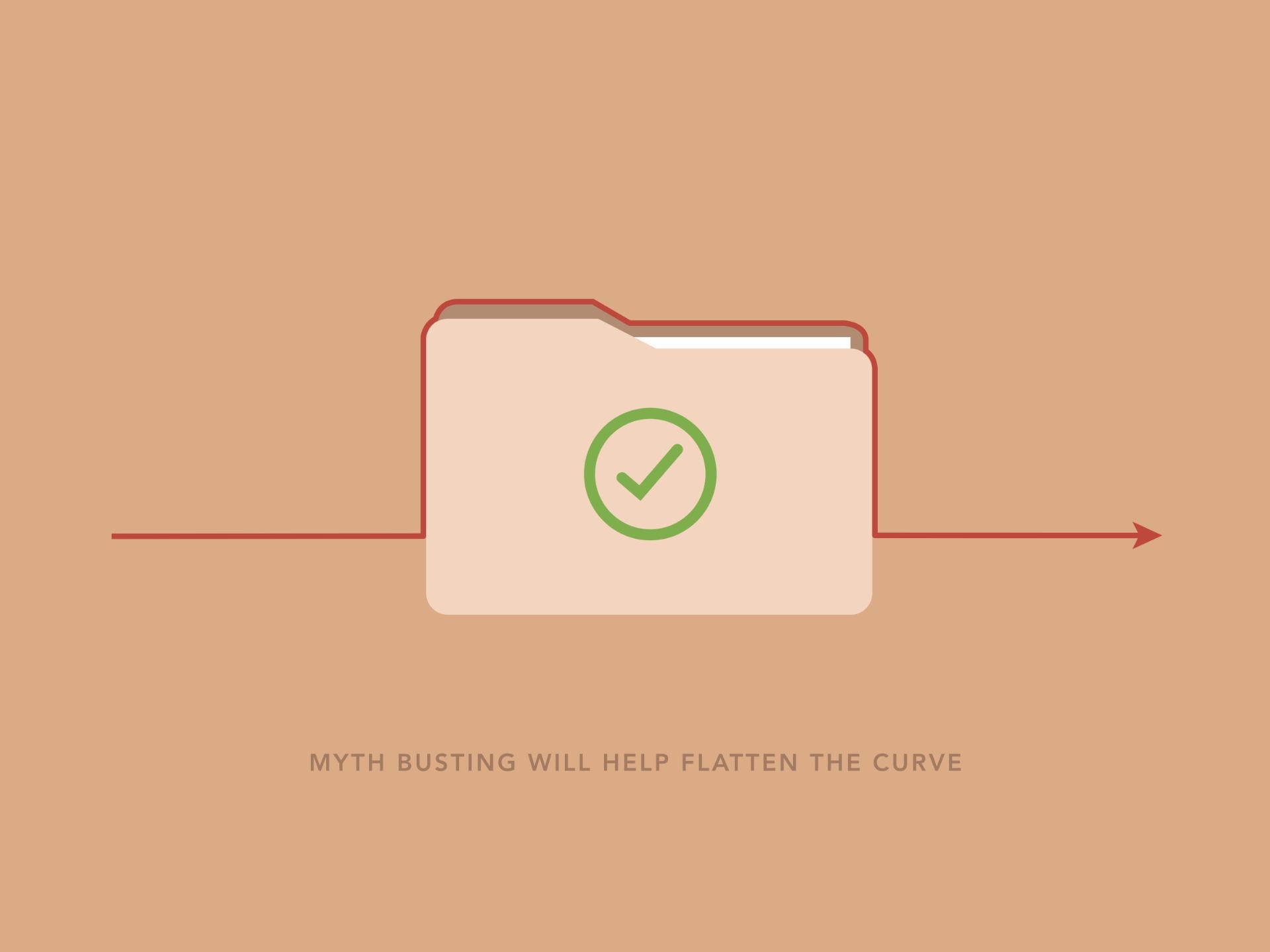
Image by Jack Adamson as part of the UN COVID-19 Response, available on Unsplash
Open access to research has been in the news from the beginning of the SARS CoV2 – COVID-19 pandemic and it continues to be a hot topic as the world’s academics and universities grapple with the worldwide emergency. Open access can be hard to define; the best short definition is: “free availability and unrestricted use” (courtesy of open access publisher PLoS and author and academic Peter Suber). Much of the world’s research literature is not freely available and is heavily restricted by copyright, behind the barrier of expensive subscription paywalls, making global research collaboration difficult. Fred Flagg, from the Library’s Online Research Collections team, looks at the open access developments unfolding throughout the year so far in response to the pandemic.
Pre-prints
Open access pre-prints are getting tons of publicity, and rightly so as they enable researchers to share initial information rapidly. Pre-prints are early manuscripts of research outputs released to the public before peer review, and they are one of the founding elements of open access, with the Physics & Mathematics pre-print subject repository ArXiv freely available and widely used since 1991. The Biology subject repository BioRxiv was one of the first places to make available COVID-19 related preprints (starting January 2020). Since pre-prints and working papers (as they are called in the social sciences) are draft versions, it is risky to draw final conclusions from them (for more about pre-prints, see this short article by open access expert Danny Kingsley, and for a list of subject repositories see the Open Access Directory).
Pandemic open access
With most libraries closed (Goldsmiths Library resources available at this Goldsmiths LibGuide) many publishers have been quick to extend access to their journals and e-books which are under paywalls in ordinary times. This “pandemic open access” includes many offers of free access to research publications related to COVID-19. For one list see this Wellcome Trust announcement, and for an example of a subscription article now made freely available by its publisher, see Rhodes, Lancaster & Rosengarten 2020. There are also publishers providing expanded access to e-books. For one list of COVID-19 vendor e-book access, see this list by University Information Policy Officers. Many of these publisher access offers are likely to be temporary, so it is debatable if they count as open access, although “pandemic open access” is still an improvement over paywalls. Also temporarily, additional large scale open access to digitised books has been made possible by not-for-profit organisations The Hathi Trust and, not without controversy, The Internet Archive’s National Emergency Library (available worldwide, despite the name).
Goldsmiths Research Online open access during the COVID-19 pandemic
By contrast, anything that is available in Goldsmiths Research Online (GRO, https://research.gold.ac.uk) is available permanently, and copyright and permissions for each item are confirmed by the Online Research Collections team in the Library (also known as the GRO team). Academics at Goldsmiths have been writing and publishing widely in response to the COVID-19 pandemic. We are adding these pandemic-related items to GRO with the keyword “COVID-19”, and a keyword search currently returns 24 items (including Rhodes, Lancaster & Rosengarten 2020 above, Will Davies in the London Review of Books, Angela McRobbie in the Verso Books blog, and several articles in Discover Society to name just a few). This number will increase as more is published, and although it is not always possible to provide an open access version, GRO has made several of these available to all by obtaining permissions from authors and publishers. Of the 24 items tagged with “COVID-19” in GRO, 12 of these have full text copies available now, and more will become available as publisher embargo periods expire in 12 to 24 months.
Leave a Reply